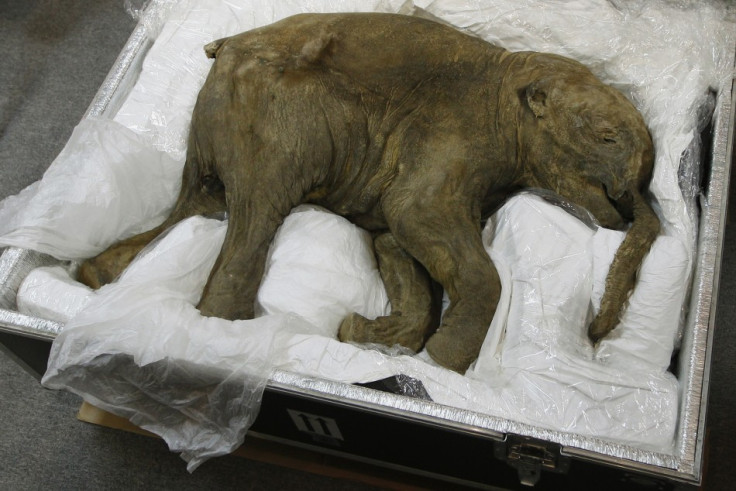Scientist Warns against Bringing Mammoths Back from the Dead
Dr Alice Roberts discusses ethical issues of bringing back mammoths, dodos and other species from extinction

A renowned archaeologist has said people must start considering the ethical issues surrounding bringing extinct animals back to life as scientists are "on the brink" of doing so.
Dr Alice Roberts, an archaeologist and professor who has also appeared on several TV shows, says the dilemmas in bringing animals back from the dead should be "grappled with" as scientists begin to make further breakthroughs.
Roberts, who is due to host a BBC Two series about animals that became extinct about 20,000 years ago, told the Radio Times: "We are, quite seriously, on the brink of being able to do this, so it's quite an important question for people to start grappling with.
"Japanese scientists have already extracted the bone marrow from woolly mammoth remains found in Siberia to look at the DNA with a view to resurrecting a mammoth.
"It is within our grasp, which is such an extraordinary thing to think about."
Roberts added that she believes the technology used to bring these animals back to life could be better used saving existing animals who are currently under threat from extinction.
She added: "There's something really questionable about bringing back a single mammoth.
"Mammoths are herd animals and their environment no longer exists, so what are you bringing that animal back for? You're bringing it back to live in a zoo? I think the ethics are very questionable.
"People have spoken about repopulating Siberia with mammoths in the sense that, like elephants, they are a keystone species that are really important to creating and maintaining a particular type of environment through the way they dig up the ground, and fertilise the land with their dung.
"Personally, I would prefer the emphasis to be on saving existing animals under threat of extinction rather than trying to resurrect their long-extinct cousins."
Hendrik Poinar, an associate professor at McMaster University in Ontario, Canada, is part of a team attempting to clone a woolly mammoth.
The creature would not be an exact replica of the extinct species, but more a hybrid of an Asian elephant- their closest living relative.
Pionar told the National Geographic: "We can in theory modify existing chromosomes with what we imagine to be mammoth substitutions."
However, Roberts added: "It's really important that scientists don't shut themselves away in their labs to work on these things - there are big ethical issues involved and it's a conversation everyone should be having."
© Copyright IBTimes 2025. All rights reserved.






















